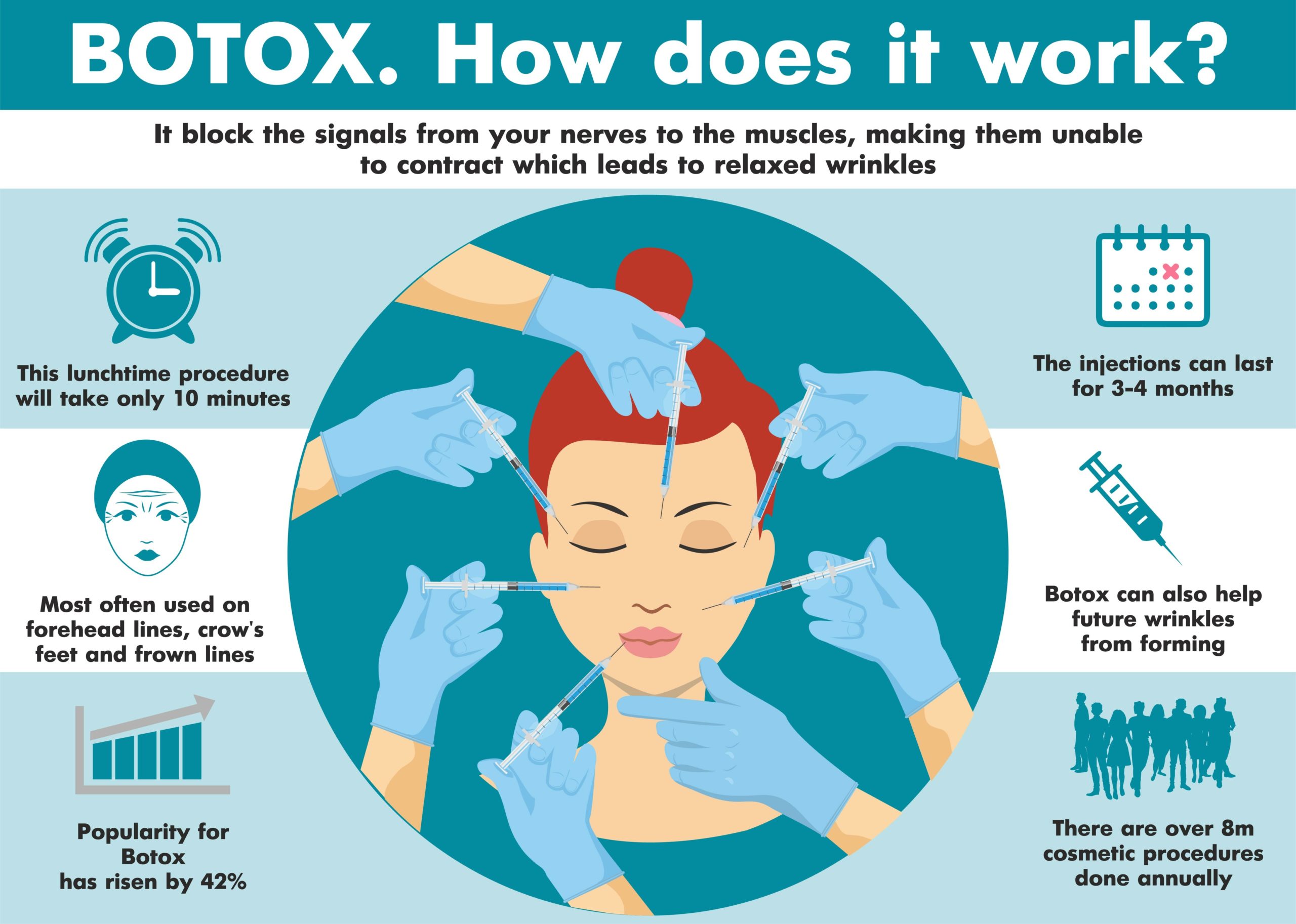Do you often feel tired and worn out all the time even though you had a sufficient amount of sleep? Do you also crave salty foods? Well, you probably heard of adrenal fatigue, and you’re wondering right now if that might be the source of your constant exhaustion.
Is there such a thing as adrenal fatigue, though? How do doctors diagnose it? How is it treated? Is there a cure for this controversial diagnosis? Let’s find out.
WHAT IS IT?
The term was first coined in 1998 by Dr. James Wilson, a naturopath and an expert in alternative medicine. Dr. Wilson describes this diagnosis as “a group of related signs and symptoms if your adrenal glands function below its necessary level.” Adrenal fatigue is not a medical diagnosis.
It’s a lay term that is applied to a collection of nonspecific symptoms. Practitioners who treated this diagnosis consider the expansive function of your adrenal glands. The glands are the first to respond to stress, but they are also the first to suffer.
WHAT IS THE THEORY BEHIND THIS DIAGNOSIS?
Your body’s immune system responds to stress, and your adrenal glands respond by releasing hormones like cortisol and adrenaline. These hormones are part of your “fight or flight” response, and they increase your blood pressure and heart rate.
According to the theory proposed by Dr. Wilson, if you have long-term stress, your adrenal glands will burn out from cortisol production. This is where the fatigue sets in.
WHAT ARE ITS SYMPTOMS?
The common symptoms of this diagnosis include:
- Fatigue upon waking up. This is followed by intermittent “crashes” throughout the day.
- Poor stress regulation and mood regulation
- Brain fog
- Increased energy levels at night
- Craving for salty and sweet foods
- Overuse of coffee
- A compromised immune system
They’re also less common symptoms that are believed to be the reason for your diagnosis. This includes:
- insomnia
- frequent urination
- loss of muscle tone
- poor circulation
- depression
- weight gain
- decreased libido
WHO IS LIKELY TO EXPERIENCE THIS?
The people who proposed this diagnosis said that fatigue usually strikes people who endure long stretches, mental, physical, or even emotional stress. People who are less likely to experience this are:
- Shift workers
- Single parents
- People with alcohol or drug dependence
- People with stressful jobs
Although this is not an accurate medical diagnosis and no scientific evidence of the condition, the term became popular among alternative health practitioners.
WHAT ARE ITS CAUSES?
Any stress causes our adrenals to increase cortisol production. Fatigue is believed to occur when our adrenals have been overworked, where they can no longer produce cortisol which is adequate for optimal function.
Other potential stressors include:
- Environmental and dietary influences
- Anxiety
- Emotional stress
- Grief
- Trauma
- Autoimmune conditions
The conditions mentioned above are also considered to have a possible chronic negative impact on our adrenal function. Overuse of antibiotics is also believed to have detrimental effects on our cortisol production.
IS IT SIMILAR TO ADDISON’S DISEASE?
Adrenal fatigue is closely related to Addison’s disease, but these two are not the same. Addison’s disease is a disorder that is characterized by insufficient cortisol production due to a disruption of signals between the brain and the adrenals.
The symptoms of Addison’s disease are similar to the mentioned diagnosis. However, the symptoms of the mentioned diagnosis are considered a possible result of the overuse of healthy adrenal glands due to stress. Unlike Addison’s, the mentioned diagnosis doesn’t have a pathological origin.
HOW IS IT DIAGNOSED?
Recent debates about the mentioned diagnosis are about how to assess it using diagnostic methods. The diagnosis was previously evaluated using blood tests designed for Addison’s disease and Cushing’s syndrome. Practitioners say that these methods were insufficient for measuring cortisol levels.
Doctors are now using urine or saliva tests to measure cortisol levels. Aside from these tests, your doctor must also get an idea about the possible causes of your stress. Currently, there are no approved tests that can detect if your cortisol production is below standard.
However, some medical conditions might also cause similar symptoms, such as:
- Anemia
- Sleep apnea
- Heart problems
- Lung problems
- Infections
- Diabetes
- Kidney disease
IS THERE AN AVAILABLE TREATMENT?
Is there an available treatment for this diagnosis? Currently, there is no pharmaceutical method to treat your fatigue if your adrenal glands function below the necessary level.
Alternative medicine suggests natural remedies which include lifestyle changes such as:
- lifestyle changes
- low sugar/ low caffeine diet
- avoidance of junk food
- healthy sleep schedule
- Nutritional supplementation
THE ADRENAL FATIGUE DIET
The goal of the diet is to maintain healthy blood sugar levels and balance your cortisol levels. The fatigue diet plan is like many other healthy and balanced diets. It promotes whole grains, vegetables, healthy fats, and high-protein foods, which provide your body with lots of energy. Here are some of the foods you might try adding to your plate:
- Vegetables: Add vegetables to your diet, especially the bright-colored and non-starchy ones.
- Fruits: Add fruits to your diets such as pears, apples, plums, cherries, kiwi, mango, and papaya. Save your fruit for your last meals of the day. Keep track of how much fruit you have eaten because overeating can raise your blood sugar level.
- Whole grains
- Proteins
- Healthy fats: Add healthy fats to your diets such as avocado, fatty fish, olive oil, and grapeseed oil
- Salt: Add sea salt to your diet to help your body get essential nutrients it lacks due to low cortisol level productions
While the food mentioned above will help provide your body with fuel for energy, try to limit the following ones to avoid fluctuations in your blood sugar and energy levels:
- White sugar
- White flour
- Alcohol
- Fast foods
- Processed foods
- Caffeine
- Artificial sweeteners
Suppose you have symptoms such as feeling tired, weak, or depressed. In that case, you should talk to your doctor to get a complete diagnosis, especially if you are experiencing symptoms of adrenal fatigue. You may or may not have the abovementioned medical diagnosis, which is why it is crucial to seek advice from a medical professional.
It’s frustrating to experience symptoms that your doctor can’t explain. But accepting an unrecognized diagnosis from an unlicensed professional may cause even more dire problems.







